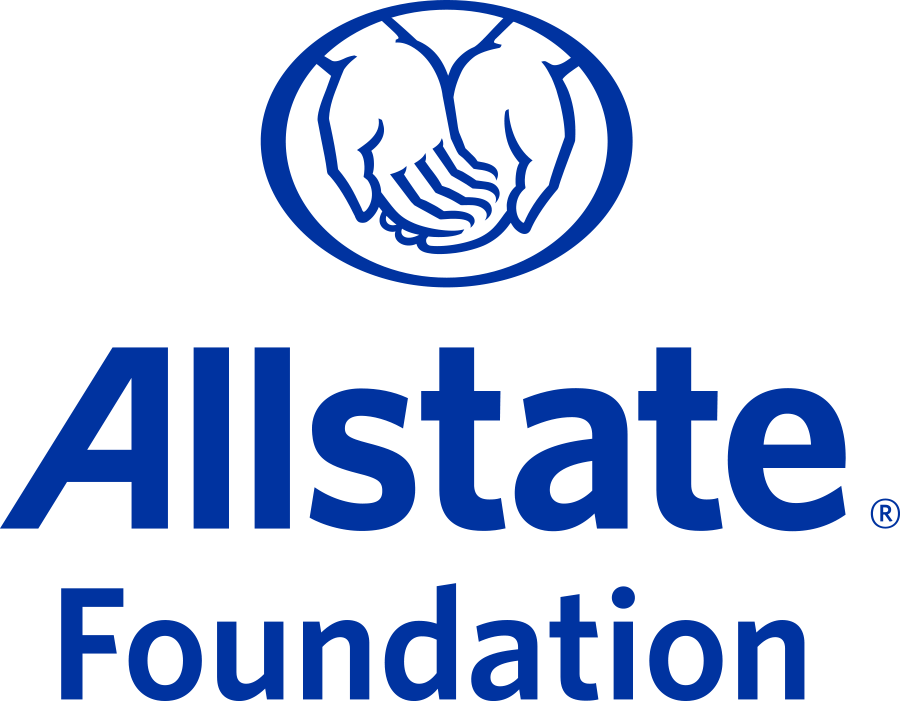What is Sexual Assault?
Sexual assault is forced, manipulated or coerced sexual contact. It includes rape, child sexual abuse, same-sex assault, acquaintance rape, harassment and marital rape. The perpetrator uses sex to inflict physical and emotional violence and humiliation on the victim, or to exert power and control over the victim.
Sexual Assault Information Sheet
Sexual Assault in Intimate Relationships
Common Reactions of Sexual Assault Survivors
Myths and Realities of Sexual Assault
Nebraska's Sexual Assault Laws
Sexual Assault Victims' Bill of Rights
Healthy Sexual Interactions - Got Consent?
Speak Out Against Rape Culture!
You Are Not Alone - Information for Survivors of Sexual Assault - CHINESE
You Are Not Alone - Information for Survivors of Sexual Assault - VIETNAMESE
You Are Not Alone - Information for Survivors of Sexual Assault - ENGLISH
Medical Care
It is important to get medical care after a sexual assault as soon as possible. You may have injuries you don’t know about or your injuries may be worse than you think. You may also be at risk for sexually transmitted infections (STIs) or unintended pregnancy. Healthcare providers can examine you for injuries and provide treatment for STIs. In some cases, you can also get medication that will prevent STIs or pregnancy. Keeping your body healthy is an important part of healing from the assault.
Federal and state law requires that sexual assault victims must be able to receive a forensic exam without paying for it. In Nebraska, the exam is paid for by the state's Sexual Assault Payment Program Cash Fund. This fund should pay for the examination, the facility fee, any lab fees for pregnancy testing, testing for sexually transmitted infections (STIs), and the collection and processing of evidence. These costs should not be billed to you or submitted to your insurance.
You or your insurance could be billed for expenses related to medical treatment, such as medications for injury or infection (e.g. pain killer, antibiotics), x-rays, MRIs, or a doctor's fee that is billed separately from the hospital, and not covered by the Sexual Assault Payment Program Cash Fund.
Prison - Jail Advocacy
The Coalition recognizes the significant and unique barriers that incarcerated victims of sexual assault face in securing safety and healing. The process for accessing advocacy services and making PREA reports may change in the near future, therefore please contact us directly for updated information.
If you would like information on PREA Standards or to make a PREA report please contact Kim Carpenter at KimC@NebraskaCoaliton.org or 402-476-5043. You can also write to Kim at:
The Nebraska Coalition
245 S. 84th St., Suite 200
Lincoln, NE 68510
The following brochures can also offer information regarding PREA standards and rights of survivors who are incarcerated and have experienced sexual violence.
Safe for the Sentence Brochure
Safe for the Sentence Brochure - Spanish
Mandatory Medical Reporting
The Nebraska Attorney General's Office in cooperation with the Nebraska State Patrol, and Nebraska Coalition to End Sexual and Domestic Abuse have released a best practice Medical Sexual Assault Protocol. We hope this assists in further creation of standards around Sexual Violence in our State. (Released June 2019)
Nebraska Medical Sexual Assault Protocol
Barriers to Helpseeking for Sexual Violence Survivors in Nebraska
This report investigates the extent to which survivors of sexual violence in Nebraska seek out services from domestic violence and sexual assault (DV/SA) programs serving rural communities as well as the factors surrounding survivors’ decisions to seek out help.
Drawing from a review of local, state, and national data as well as feedback provided in focus groups conducted with survivors of sexual violence, the authors conclude that the vast majority of sexual violence survivors in Nebraska do not seek out help from local DVSA programs. The report examines barriers to helpseeking and provides recommendations for mitigating these barriers.
Who is Not Served - Barriers to Helpseeking for Sexual Violence Survivors in Nebraska Report - 2020
Sexual Assault Nurse Examiner (SANE) or Forensic Exam Programs
Forensic exams are crucial in the aftermath of sexual violence as they play a pivotal role in providing comprehensive medical care, collecting forensic evidence, and supporting survivors. These specialized exams are conducted by trained nurses who ensure a trauma-informed and survivor-centered approach. Beyond medical needs, forensic exams are instrumental in aiding law enforcement investigations by gathering crucial evidence. Additionally, the exams serve as a starting point for survivors to access support services and counseling, fostering a path towards healing and justice. The thorough documentation and evidence collection during forensic exams enhance the criminal justice system's ability to hold perpetrators accountable while respecting survivors' rights and dignity.



